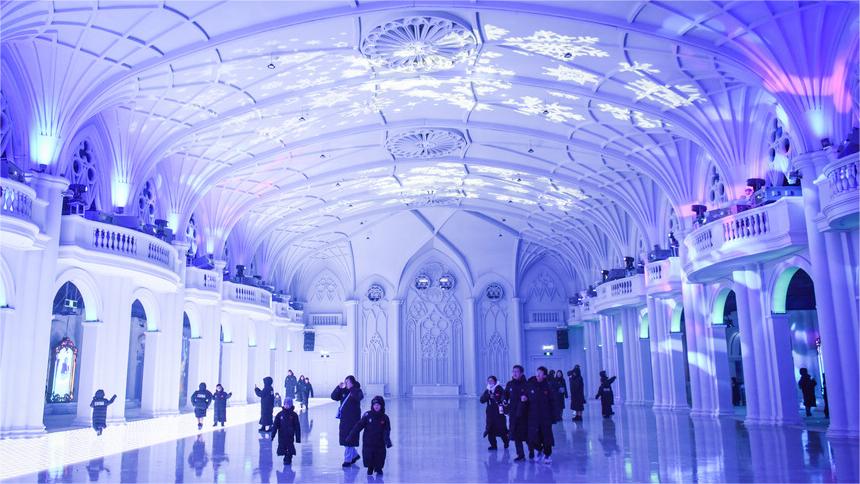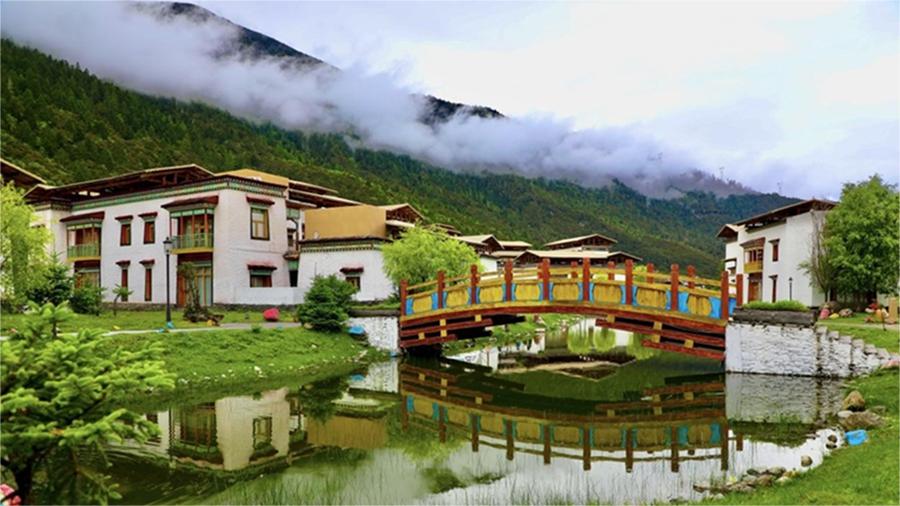Interview: China's "respectful" development pathway key to success in int'l collaborations, senior Iranian official says
TEHRAN, Aug. 1 (Xinhua) -- China's "respectful" development model, characterized by respect for the cultures of other nations, is a key factor in its successful international collaborations, a senior Iranian government official has said.
China's development initiative in other countries does not seek to change their cultures, which is the key to its successful cooperation with many countries, particularly in Africa, in contrast with Western colonial development models that often fail, Mehdi Zeighami, Iran's deputy minister for industry, mine, and trade, told Xinhua during a reception for the Iranian business community at the Chinese Embassy in Tehran last week.
Noting that Chinese modernization contains elements common to the modernization processes of all countries and features distinguished to China, Zeighami said it is about the modernization of a vast population, the pursuit of common prosperity, material and cultural-ethical advancement, harmony between humanity and nature, and peaceful development.
Zeighami, who also heads the Trade Promotion Organization of Iran, noted that China is rapidly advancing its modernization efforts, and its model could be effectively utilized by other countries, including Iran, across various industries and infrastructure development.
"The achievement of growth and development of infrastructure is practically no longer possible using traditional methods. New methods and models are required," he said.
Reflecting on the reforms unveiled during the third plenum of the 20th Communist Party of China Central Committee in Beijing, Zeighami mentioned that various issues concerning modernization were addressed, and suggested that Iran could study China's model to explore its potential applications in technology-based sectors and industrial park development.
Regarding Iran-China trade relations, Zeighami highlighted significant expansions in bilateral ties and cited the visit by Iran's late President Ebrahim Raisi to China in February last year, the increased presence of companies from both nations in each other's exhibitions, and the rise in Iran's non-oil exports to China as examples of this growth.
"All these promise a bright future in terms of the development of bilateral ties," he said, acknowledging the potential for further promotion of relations and cooperation in various sectors, including mining and automotive industries.
He referenced Iranian President Masoud Pezeshkian's remarks in an article published in Tehran Times on July 13, where Pezeshkian described expanding relations with Beijing as a foreign policy priority.
On China's Belt and Road Initiative (BRI), Zeighami highlighted the benefits of the megaproject, particularly in developing rail and maritime transit routes, which could create a win-win situation for Iran, China, and other regional countries.
Zeighami added that other regional Arab countries and Central Asian states could also benefit from the BRI in various ways.
He emphasized Iran's strategic geopolitical and geo-economic position, which could significantly contribute to the BRI's success by facilitating China's exports to Europe and Central Asia through Iran. Similarly, other countries could use Iran's transit infrastructure for exporting products to China more conveniently, benefiting Iran as well.
Photos
Related Stories
- Assassination of Hamas, Hezbollah leaders spark escalation fears, impact Gaza truce talks
- Masoud Pezeshkian sworn in as Iran's 9th president
- Iran, The Gambia resume ties after nearly 14 years
- Iran's supreme leader endorses Pezeshkian as new president
- Iran looks forward to further cooperation with China: president-elect
- Iranians elect reformist president, anticipating new measures to navigate challenges
- Former Health Minister Masoud Pezeshkian wins 14th presidential election in Iran
- Voting ends in Iran's presidential runoff
- In pics: presidential candidates during election campaign in Iran
- Confrontation will not solve Iran nuclear issue: Chinese envoy
Copyright © 2024 People's Daily Online. All Rights Reserved.









